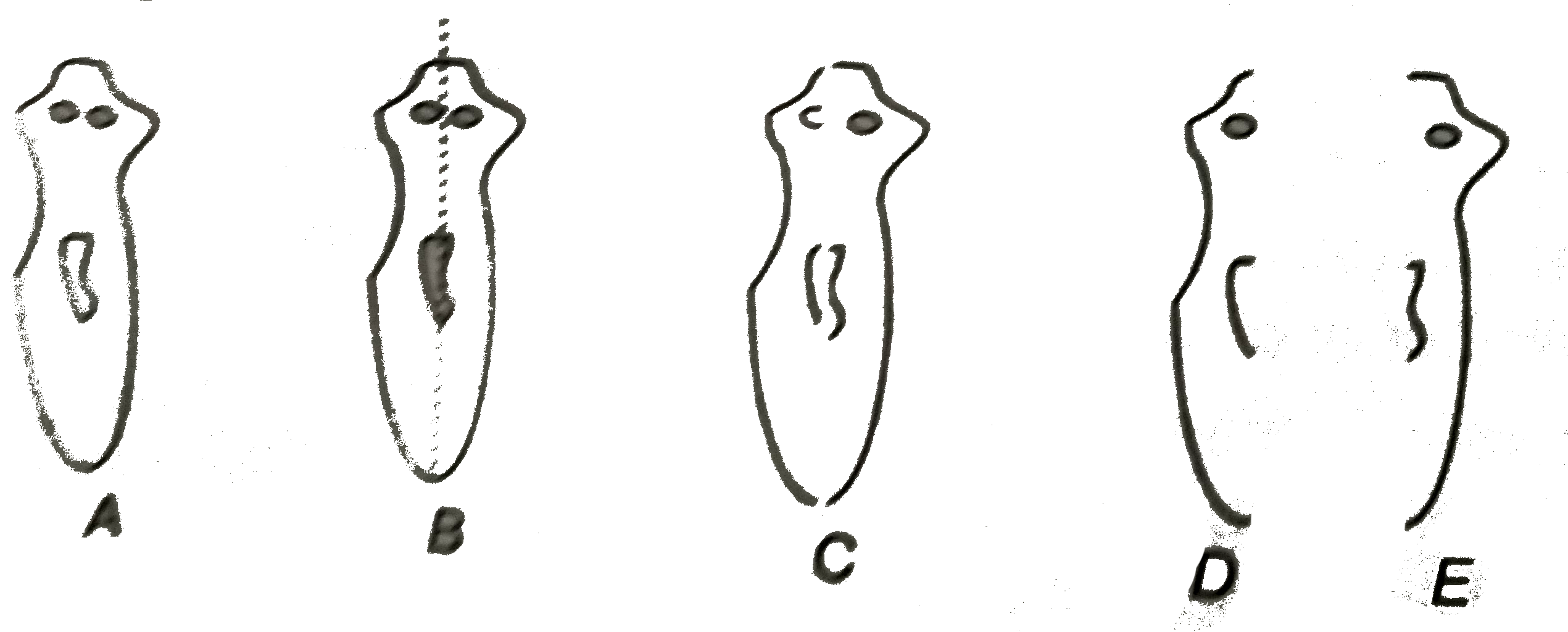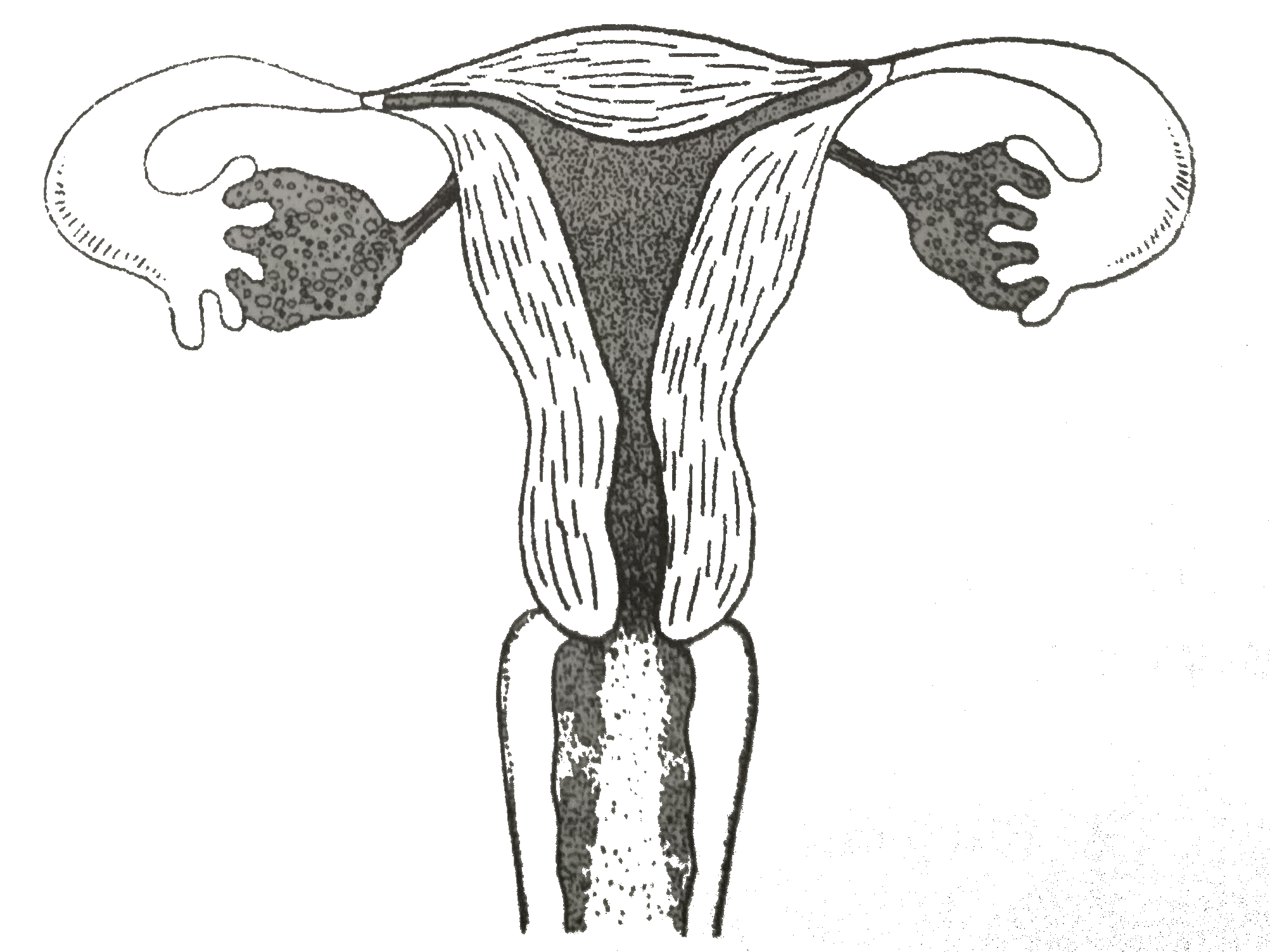Complete Solutions to Short Answer Type Questions of chapter HOW DO ORGANISMS REPRODUCE of Class 10 book with complete answers and questions
| Class 10 | BIOLOGY |
| Chapter | HOW DO ORGANISMS REPRODUCE |
| NCERT EXEMPLAR | Short Answer Type Questions |
| Number Of Questions | 21 |
| Academic Year | 2023-24 |
In a bisexual flower inspite of the young stamens being removed artificially, the flower produces fruit. Provide a suitable explanation for the above situation.
View SolutionCan you consider cell division as a type of reproduction in unicellular organism? Give one reason.
View SolutionWhat is a clone? Why do offsprings formed by asexual reproduction exhibit remarkable similarity?
View SolutionExplain how, offspring and parents of organisms reproducing sexually have the same number of chromosomes?
View SolutionColonies of yeast fail to multiply in water, but multiply in sugar solution. Give one reason for this.
View SolutionWhy does bread mould grow profusely on a moist slice of bread rather than on a dry slice of bread?
View SolutionGive two reasons for the appearance of variations among the progeny formed by sexual reproduction.
View SolutionWould a Planaria cut vertically into two halves regenerate into two individuals? Complete the given figure D and E by indicating the regenerated regions.

View SolutionFrom the internet, gather information about the chromosome numbers of five animals and five plants. Correlate the number with the size of organism and answer the following questions.
(a) Do larger organisms have more number of chromosomes/cells?
(b) Can organism with fewer chromosomes reproduce more easil than orgamsms with more number of chromosomes?
(c) More the number of chromosomes/cells greater is the DNA content. Justify.
View SolutionIn tobacco plant, the male gametes have twenty four chromosomes. What is the number of chromosomes in the female gamete? What is the number of chromosomes in the zygote?
View SolutionWhy cannot fertilisation take place in flowers if pollination does not occur?
View SolutionIs the chromosome number of zygote, embryonal cells and adult of a particular organism always constant? How is the constancy maintained in these three stages?
View SolutionWhere is the zygote located in the flower after fertilisation?
View SolutionReproduction is linked to stability of population of a species. Justify the statement.
View SolutionHow are general growth and sexual maturation different from each other?
View SolutionTrace the path of sperm during ejaculation and mention the gland and their functions associated with the male reproductive system.
View SolutionWhat changes are observed in the uterus if fertilisation does not occur?
View SolutionWhat changes are observed in the uterus subsequent to implantation of young embryo?
View SolutionWhat are the benefits of using mechanical barriers during sexual act?
View SolutionIn the given figure label the parts and mention their functions
(a)Production of egg (b) Site of fertilisation
(c)Site of implantation (d) Entry of the sperms
View SolutionWhat would be the ratio of chromosome number between an egg and its zygote? How is the sperm genetically different from the egg?
View Solution
Short Answer Type Questions questions and complete solutions for chapter HOW DO ORGANISMS REPRODUCE of NCERT BIOLOGY (ENGLISH) of Class 10